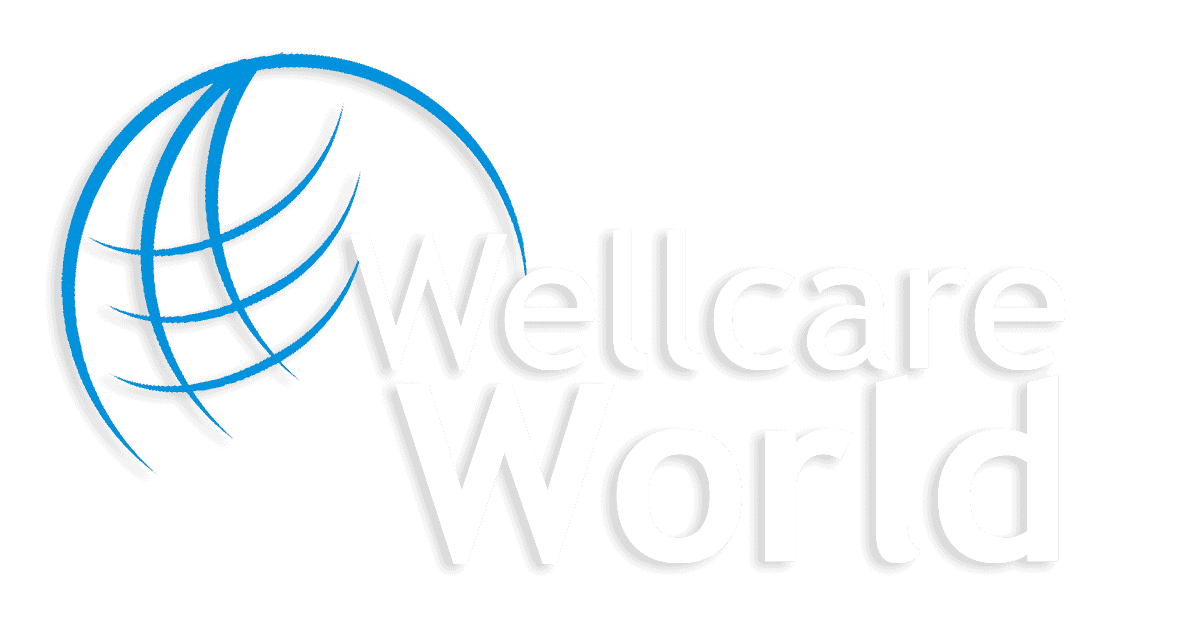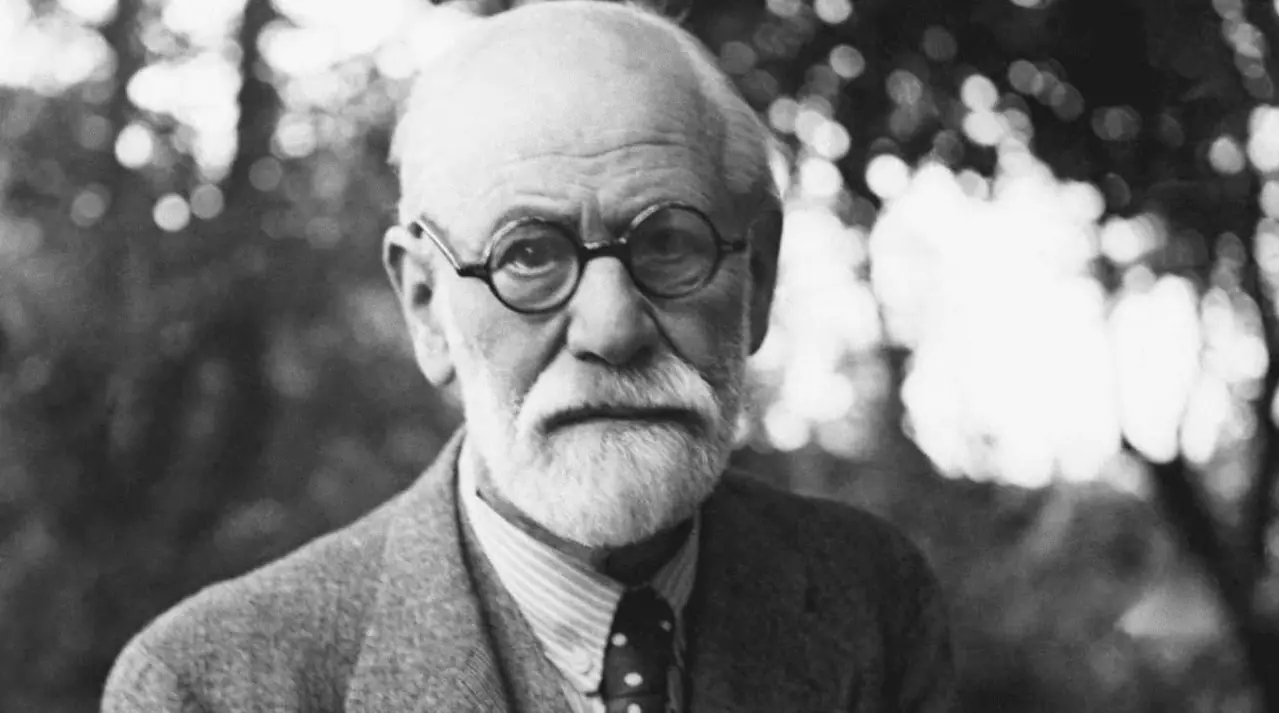psychological scientists pursue entrepreneurship over the course of their careers, but virtually all can identify with some of its central tenets, including the need for financial sustainability and the tolerance to take risks. These two ideas come together in the research of Chen Ji and James Wages, winners of the 2023 Psychological Science and Entrepreneurship Poster Award. Ji, of Indiana University, and Wages, of the University of Central Arkansas, will each receive a $1,500 award, along with free registration to the 2023 APS Annual Convention May 25–28 in Washington, D.C.
Supported by the Ewing Marion Kauffman Foundation, the Psychological Science and Entrepreneurship Poster Award is intended to stimulate research in entrepreneurship, defined as the capacity and willingness to develop, organize, and manage a business venture, along with its risks, in the pursuit of opportunity and innovation. The award is open to APS members who are either current undergraduate or graduate students or early-career scholars (having received their PhD in 2015 or more recently). The judges, previous entrepreneurship poster award winners Nikki Blacksmith of Blackhawke Behavior Science, Dohyung (Jacob) Cha of Seoul National University, and Lining (Rachel) Sun of National University of Singapore, selected one early-career winner and one student winner based on two award criteria:
- Relevance to the broad study of psychological science and entrepreneurship
- Scholarly contribution to existing knowledge, application, or practic
2022 Psychological Science and Entrepreneurship Poster Awards
APS asked Ji and Wages three questions about their work. Their responses follow.
Student winner
Chen Ji, Indiana University
Penalty or Reward? The Role of Hybrid Identities in Social Enterprises’ Resource Acquisition
What drew you to this line of research?
My research focuses on social enterprises’ financial sustainability and resilience management in the context of sectoral blurring. Social enterprises are organizations and ventures that integrate social mission with pursuit of financial sufficiency. An example is Greyston Bakery in New York City, whose mission is to provide meaningful job opportunities for disadvantaged people experiencing barriers to employment. As a relatively new solution whose missions are both social and financial, social enterprises are recognized by scholars as well as practitioners as a powerful mechanism to address social issues. Yet social enterprises are also under increasing pressure to scale up and be financially self-sustainable, and success stories are still exceptions. The puzzle is: How can social enterprises survive and thrive?

I noticed that prior research has explored the strategies that social enterprises use to acquire external resources but has been silent about how external resource providers relate to these strategies. More importantly, the relationship between social enterprises’ hybrid nature and their resource acquisition outcomes has been less thoroughly unpacked. My co-author and I thus proposed two contrasting theories built upon the possible dynamic interactions between the heterogeneity of social enterprises and funders, and we empirically tested them using an international dataset. The findings indeed provide meaningful practical implications for social enterprises regarding their communication strategies with stakeholders.
What did the research reveal that you didn’t already know?
We analyze two contrasting effects—the halo effect and the stain effect—and test whether social enterprises’ hybridity generates benefits (halo effect) or costs (stain effect). Our findings reveal that the stain effect is salient in social enterprises’ success attracting philanthropic funding, while the halo effect is salient in their success acquiring equity investment. This indicates that social enterprises’ hybridity may generate different outcomes depending on the nature of the resource providers they approach. Therefore, we cannot fully understand hybridity without looking at matched and mismatched identities between resource seekers and resource providers.
2023 APS Annual Convention
See Ji’s and Wages’s posters, along with hundreds of others covering various areas of study, during the Poster Sessions at APS 2023, May 25–28 in Washington, D.C.
In addition, APS 2023 will feature a panel discussion May 26 about entrepreneurship. The speakers will be psychological scientists Nikki Blacksmith (recipient of a 2021 entrepreneurship poster award), Constance Dierickx (featured in this Observer profile), and Kelly Shaver of Mindcette.
Early-Career Winner
James Wages, University of Central Arkansas
A Normative Lay Theory of Risk-Taking: Using Peripheral Features to Disambiguate Risk
What drew you to this line of research?
For a long time, I have been fascinated with why people seek and avoid risks. Part of this fascination stems from the ambiguity that surrounds the perception of risk and those who take risks. The same risk behavior can look courageous to some people but foolish to others. I was drawn to this line of research because I wanted to understand what factors help perceivers disambiguate risk-taking as a worthwhile endeavor or a reckless gamble.

What did the research reveal that you didn’t already know?
The research revealed that seemingly peripheral factors surrounding risk-taking can have a rather substantial influence on how people make sense of risk, even when the probabilities of the risk decision’s success or failure are identical across conditions. For example, I found that people perceive the risk decisions of people who are generally competent as more courageous and less foolish than the risk decisions of people who are less competent, even when both types of people took the exact same risks. These findings suggest that perceivers use features such as the risk-taker’s general competence to evaluate risk, regardless of whether that information is directly relevant.
Read more about the 2023 Psychological Science and Entrepreneurship Poster Award.

Offered by our Wellcare World friend at
Association for Psychological Science
Trending Also -> Physiotherapy Terahertz Technology TeraMD
Wellcare World specializes in providing the latest advancements in wellness technology, supplementation, and lifestyle changes that improve health and increase the quality of people's lives. To learn more, visit WellcareWorld.com and begin living a better life today.
Share Us With Others








